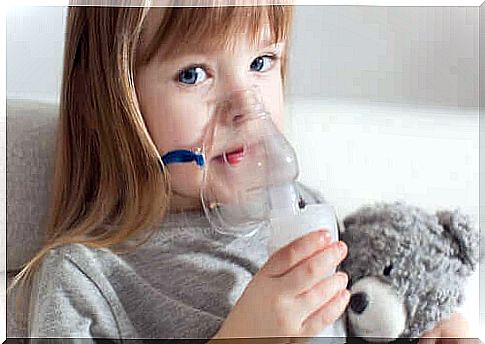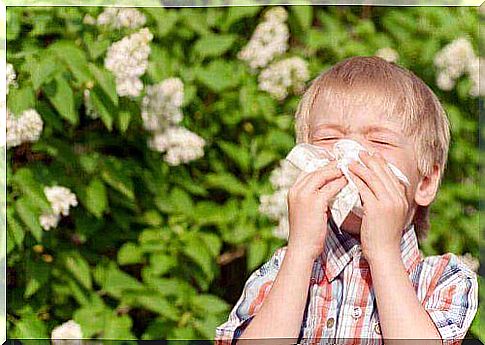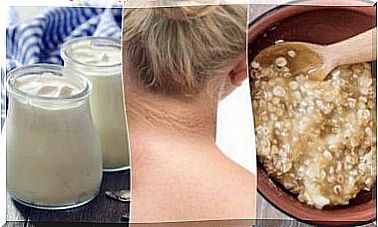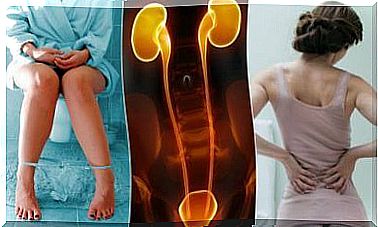Pediatric Asthma: Causes And Diagnosis

Pediatric asthma is a very common disorder. In fact, it is the most common chronic disease among children. Current estimates indicate that it affects between 5 and 15% of children, and its incidence continues to increase gradually.
Asthma is a disease characterized by inflammation of the airways. Thus, it leads to difficulty breathing which is manifested through coughing, suffocation and wheezing when trying to breathe in and out.
This disease is often related to allergies. That is one of the reasons why more and more children are having it. For example, it is common for an asthmatic child to also be allergic to pollen or dust mites.
In today’s article, we explain the most common causes of asthma in children along with its symptoms. Likewise, we explain how doctors diagnose it, as it is very important to distinguish it from other diseases in order to prescribe appropriate treatment.
What is pediatric asthma?
Pediatric asthma, as we mentioned above, consists of inflammation in a child’s airways. Thus, the air experiences more resistance as it enters and exits the lungs. This disorder usually manifests itself as a crisis.
Most children with childhood asthma have their first seizures before the age of four. What is happening here is that although the inflammation in the airways remains, it is getting worse during these crises. Then the symptoms worsen as well.

Symptoms
This disorder usually manifests itself as strained breathing and congestion in the chest. Children with this disorder often have coughing fits. These tend to worsen when there is an infection or cold, or when a child is under stress.
Also read: 9 foods that people with asthma should avoid
There will also be hissing while the child tries to breathe. It typically sounds like a whistle. However, it is important to keep in mind that everyone is different, so the symptoms vary from child to child.
In general, there are two primary seasons for childhood asthma due to its association with allergies:
- The most exposed time for these children is the beginning of autumn and their school year. This is due to the temperature changes.
- There are several bouts of pediatric asthma during the spring. This is mainly due to the increase in pollen in the environment, one of the most common allergens affecting the population.
Complications

Although most children only suffer from the above symptoms, some of them may experience complications. Often, childhood asthma leads to sleep problems. This is due to strained breathing.
Respiratory tract infections also take longer to heal. Children with asthma are usually also more tired and have problems with simple activities such as playing and running around.
Also read: How Asthma Inhalers Work
Diagnosis of pediatric asthma
Pediatric asthma is difficult to diagnose, especially in children under 5 years of age. This is either because there are other diseases with similar symptoms, or because they relate to asthma – such as rhinitis, bronchiolitis or sinusitis.
Certain tests can help a doctor with the diagnosis. A spirometry, for example, allows them to evaluate lung function. If this test is inconclusive, they instead perform a test of nitric oxide in the exhaled air.
Conclusion
Pediatric asthma is a fairly common disease with several causes and risk factors. Genetics also play an important role along with stress, colds, allergies, etc.
It is difficult to diagnose because its symptoms are similar to the symptoms of other diseases. It is therefore important to describe the symptoms in detail to your doctor so that they can perform the necessary tests. Then you can get proper treatment of your child and prevent it from getting worse.









